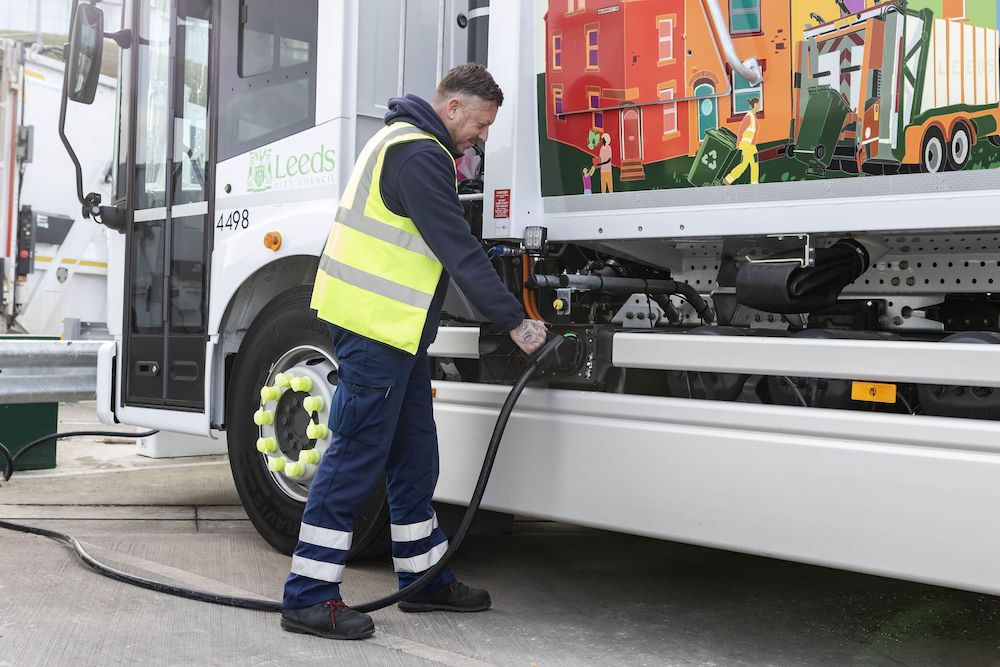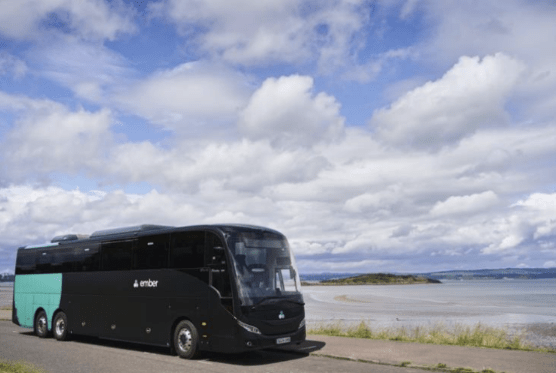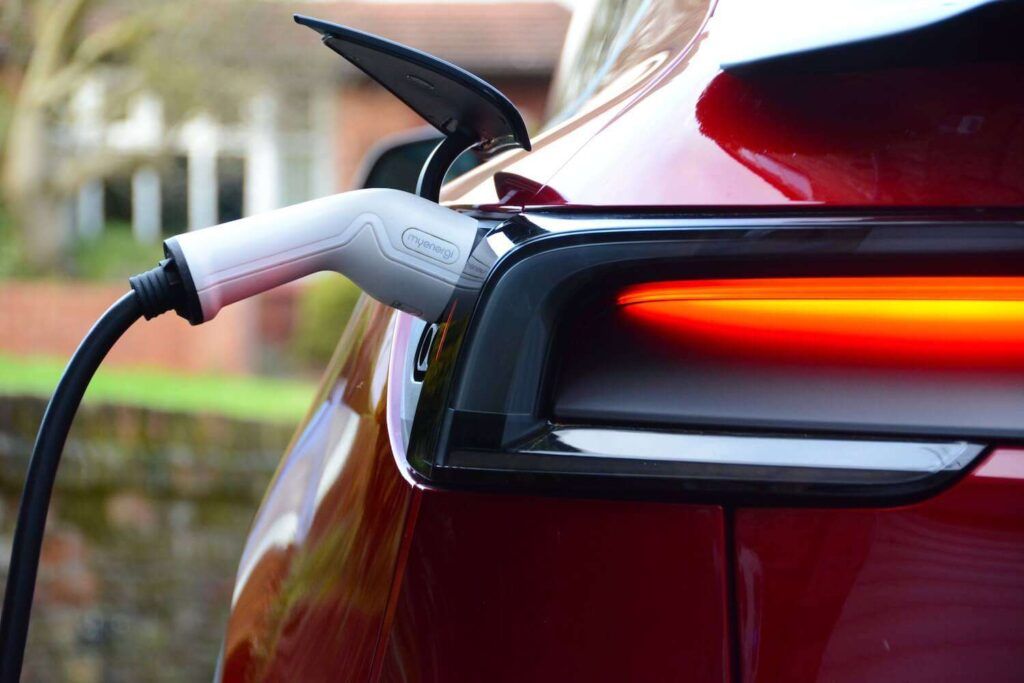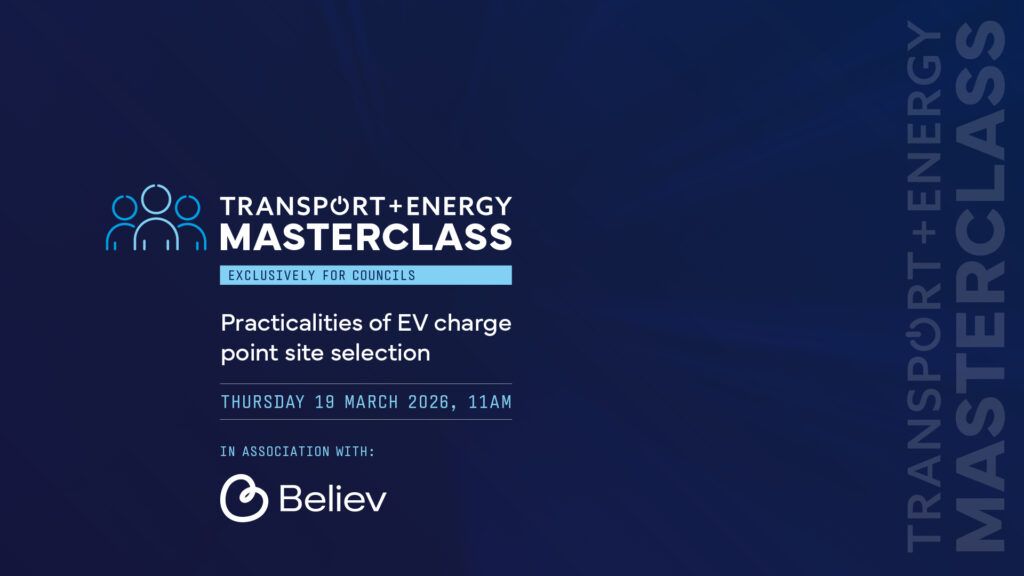Leeds City Council has added the first three battery-powered Mercedes-Benz eEconic trucks to its fleet.
The council calculates that each vehicle will generate a saving of 15 tonnes of carbon dioxide per year – so 45 tonnes per year in total, compared to diesel-powered trucks – while also bringing improved air quality and lower noise to the communities they serve.
Supplied through refuse collection vehicle specialist FAUN Zoeller UK, the vehicles have joined a busy operation, sending out 75 trucks and crews on six days every week.
Leeds Council’s electric trucks will charge overnight at the council’s eco-designed depot at Newmarket House, which means that the trucks will be ready to work each morning when the teams arrive at 6am.
The Mercedes-Benz eEconic is designed from the ground up as an electric vehicle and is fitted with three battery packs, for a total installed capacity of 336kWh, covered by a six-year warranty. The batteries can be recharged from 20 to 80% in 75 minutes, using a 400A 160kW charger.
Other standard features include the Multimedia Cockpit with twin display screens, electronic parking brake, Keyless Go and LED headlights, and a suite of safety systems such as Sideguard Assist, Active Brake Assist 5, Lane Keeping Assist and Reversing Assistance.
Operators also benefit from a six-year connectivity package, giving free access to a range of digital support services.
Chief Environmental Services Officer John Woolmer said:
“Collecting domestic waste and recycling with these new electric trucks will mean that over 45 tonnes of carbon dioxide emissions will be saved per year. This will contribute to the Leeds clean air strategy that aims to reduce air pollution from homes, industry, agriculture, and transport by 2030.
“It is calculated that the council’s household waste management operations across Leeds already contribute an annual carbon saving of 30,000 tonnes and beginning the move of RCVs to electric will not only add to that but also help promote and show leadership for the city on this agenda.”
Councillor Mohammed Rafique, Executive Member for Communities, Housing and Environment, added:
“We are very excited to see the first all-electric bin wagons working in the streets and neighbourhoods of Leeds.
“In the same year we introduced glass recycling through our green bins, these brand-new vehicles are part of our journey to provide the cleanest, greenest and most efficient service we can for our residents.”
The news comes as Transport + Energy launches its Fleet Electrification Forum this year. Find out more information here.
Image courtesy of Leeds City Council












